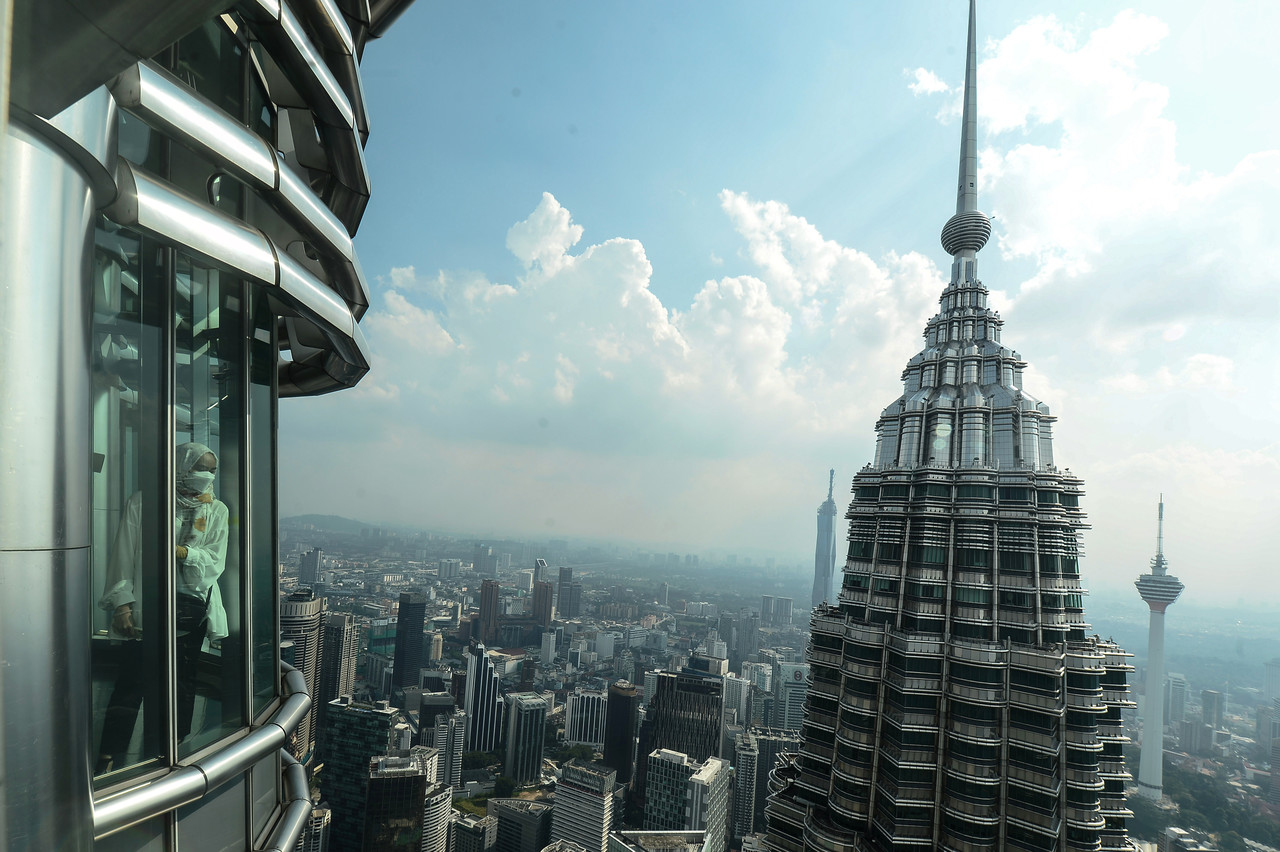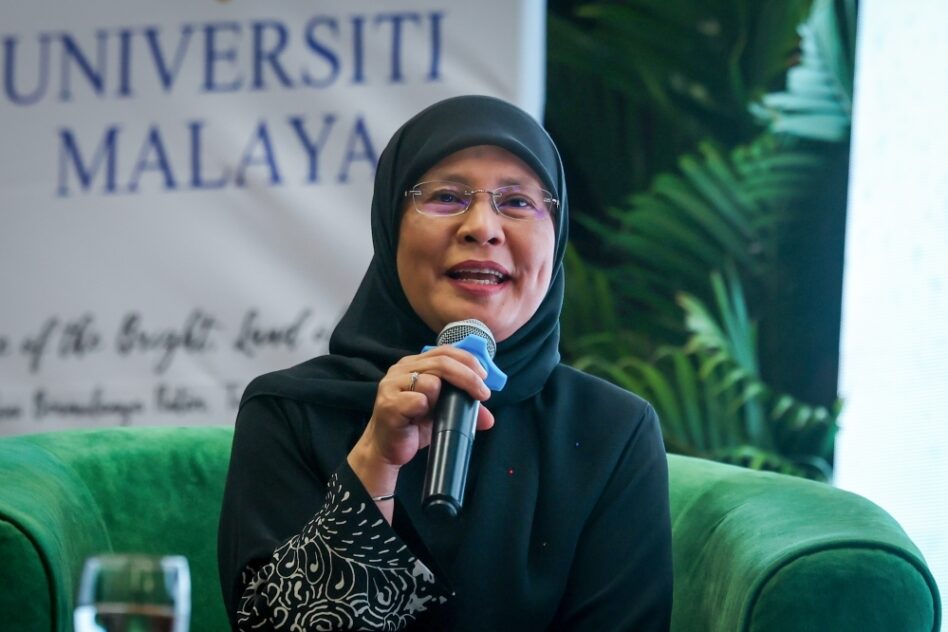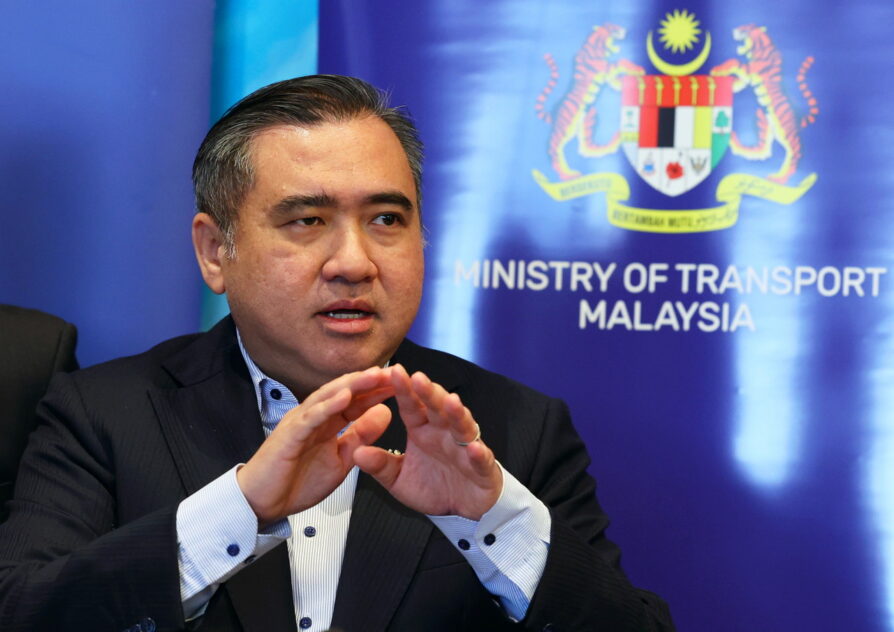A PARADIGM shift occurs when the usual way of thinking, talking or doing things are replaced by new and different ways. These normally happen when fundamentals are progressively changed.
Developing a country takes time, starting with a holistic education system that seeks to address the emotional, social and ethical needs of students, apart from academic studies and skills training.
Students must reflect on their actions and how they impact the local and global community and engage in projects that apply critical-thinking skills toward solving real-world problems.
But if education is centred on rote learning just to pass school examinations and plagiarism to gain academic qualifications, young adults will be unproductive, and citizens remain poor.
This is evident in our country as huge number of poor-quality graduates were churned out every year. Being largely clueless, most are underemployed or remained unemployed for months.
Not in Singapore, though. It separated from Malaysia in 1965 and developed on its own to become one of the richest nations, thanks mainly to good governance and sound education.
Although the standard and cost of living in Singapore is high, the average Singaporean salary is several times higher than in Malaysia, allowing for more disposable income and savings.
Hence, there are about a million Malaysians or former Malaysians residing in Singapore, and another 350,000 Malaysian workers and students commuted daily from Johor pre-pandemic.
Malaysia had also lost much of its best human capital to many countries around the world, initially with the United Kingdom then the United States, Australia and in later years China.
While other non-English speaking countries have adopted or promoted English as the second language to be better connected and exposed to the world, we are doing the exact opposite.
In fact, many of our politicians have succeeded in nurturing island mentalities in cultivating their support base by sowing fear and hatred towards other races, religions and languages.
Those who truly love their own race, religion and language would focus on lifting their own community, which would be admired universally. But such efforts require too much hard work.
For example, the French are well known to be proud of their language and culture. Thus, they established more than 800 Alliances Françaises for 500,000 students around the world.
Granted, we do not have the resource to establish language centres overseas. But those who are passionate of our national language could at least open one in the country for foreign workers.
If many had done so, tens of millions of foreign workers that have passed through our shores over the past decades would have had the chance to formally learn the Malay language.
Many of them would be promoting or even teaching Malay back in their home country, and along with it the Malay culture, which has been enriched over the centuries through exposure.
Missionaries of the past had been greatly successful as they spread their religions with no prejudice against people of different faith, tradition, language or culture.
But many politicians of today openly discriminate citizens of other race, which is against all religions. And ironically, even by political parties expounding religion to their blind followers.
And sadly, our country will not be transformed if people remain insular, which is best described using a Malay proverb “katak di bawah tempurung”, meaning frog under a (coconut) shell.
One of the best ways for Malaysians to be exposed to the world is for many of our citizens to be multilingual by not only learning our national language but also other important languages.
Mandarin and Tamil could easily be learned in vernacular primary schools and these students could later contribute greatly to economic and cultural ties with China and South India.
Apart from the valuable exposure gained by communicating with people of different race, religion and culture, it is also necessary for those at the top to come down from the ivory tower.
It is usual for ministers to be accorded all the pomp and pageantry when visiting a government department or agency, but such exercises are unproductive and a big waste of time and money.
Recently, Transport Minister Datuk Seri Wee Ka Siong made a surprise visit to the Road Transport Department in Johor Bahru and was shocked with the long queue for counter service.
He rightfully described the counter service system as “ancient”. He then used Facebook to voice his unhappiness on a host of problems and the immediate actions that he had taken.
But if we wish to modernise, we should not continue to be bogged down by antiquated methods, laws and mindsets.
We should continuously take small, medium and large incremental steps to move forward. If not, we will be stagnant and left behind while other countries such as Indonesia race ahead.
But our politicians are bankrupt of progressive ideas and prefer to harp on racial, religious and language issues, and raise petty matters in parliament hoping to gain popularity and support.
These are likely to grow worse as the next General Elections draw near. A paradigm shift may only occur when a coalition wins by a two-third majority and the economy in total shambles.
If not, our country will continue falling into a bottomless pit. But if everyone is forced to work together to rescue our country from total disaster, we could still rise from the ashes.
YS Chan is a FocusM contributor.
The views expressed are solely of the author and do not necessarily reflect those of Focus Malaysia.









